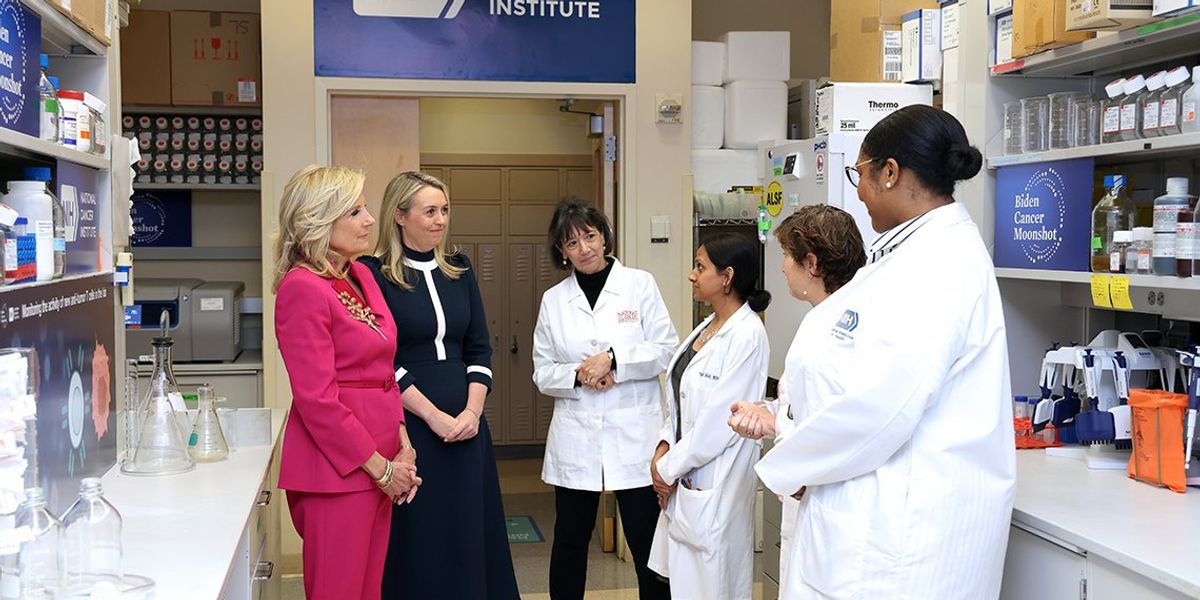
How supermarkets turned home goods into the new fast fashion
In the UK, supermarkets have transformed shopping habits by offering trendy, affordable homeware alongside groceries, but this convenience comes with hidden ethical and environmental costs.
Siam Goorwich reports for The Guardian.
In short:
- Major UK supermarkets like Asda, Sainsbury's and Tesco now feature aisles filled with stylish, low-cost homeware items, making it easy for shoppers to purchase home goods during routine grocery trips.
- This surge in accessible homeware has led to increased consumerism, with many buying items on impulse without considering the environmental impact or the working conditions of factory employees producing these goods.
- Industry insiders reveal that the fast homeware trend often involves mass production in factories where workers face challenging conditions and independent designers frequently find their creations replicated without consent.
Key quote:
"Somehow we need to slow down. We need to start thinking...thinking about why you're buying something, where it has come from and who has made it."
— Helen Gordon, co-founder of Nested Living and member of the British Institute of Interior Design's sustainability committee.
Why this matters:
The rise of fast homeware mirrors the fast fashion industry's issues, contributing to toxic pollution, environmental degradation and unethical labor practices. Opting for ethically produced, durable items not only supports fair labor practices but also promotes environmental sustainability.
Read more:














